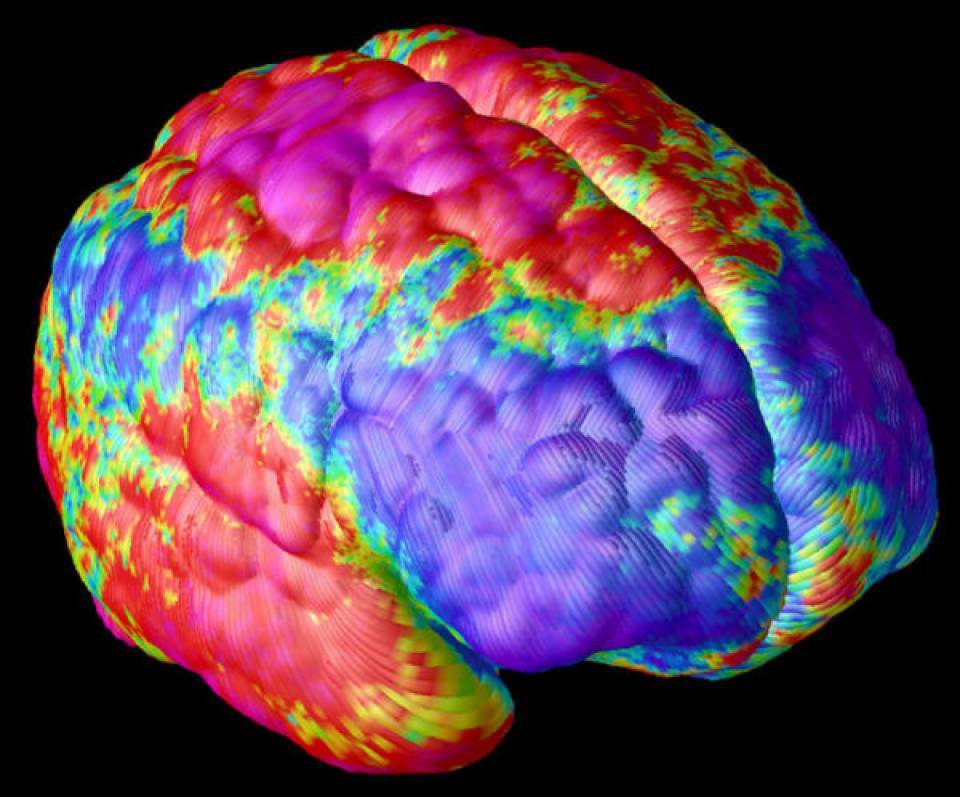Schizophrenia is a chronic syndrome of unknown cause, predominantly associated with signs of psychosis. Historically, psychosis was believed to be caused by abnormalities in neurotransmitters such as dopamine, given that effective treatments modulate its level in the brain. However, novel biomedical research has revealed that diverse psychiatric disorders, including schizophrenia and depression, share a common pathway in their pathological mechanisms: inflammation.
Different scientific studies support what is known as “the inflammatory hypothesis of schizophrenia”. They have found that individuals who have suffered a central nervous system infection in early childhood are five times more likely to develop a psychotic disorder. Researchers have also noted that the most effective antipsychotic agents have an anti-inflammatory effect and that inflammatory response genes are more active in the brains of patients with schizophrenia.
Against this background, the Schizophrenia Unit at the Hospital Clínic has participated in several research projects and published a study in Schizophrenia Bulletin, the leading journal in the field of schizophrenia. The study compared 117 patients who had presented symptoms of psychosis for the first time, against 106 healthy volunteers. Blood tests showed a significant increase in pro-inflammatory agents coupled with a significant decrease in anti-inflammatory substances.
These findings are redefining the classic concept of psychotic illness, with opinion shifting to view it is a systemic disease affecting the entire body and not only the brain. At the same time, this opens new avenues for the appearance of treatments designed to regulate this inflammatory imbalance that are based on a totally different approach to most existing treatments.




